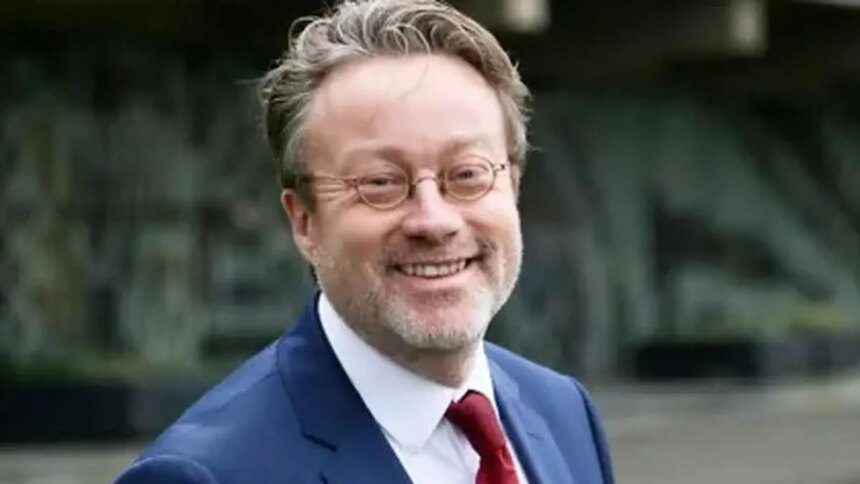European politicians should not depend on the European Central Bank’s (ECB) emergency instruments to address fiscal challenges, according to Governing Council member Olaf Sleijpen. In an interview with Het Financieele Dagblad, Sleijpen expressed reservations about the ECB’s Transmission Protection Instrument, which has never been implemented and is designed to counteract extreme market fluctuations.
“The instrument exists—it can be used temporarily under certain conditions, but it’s absolutely not intended for certain things,” Sleijpen stated. “So, I think the idea that the ECB will solve it is a bit too simplistic. Some issues really should be resolved by politicians themselves.”
He noted that the costs associated with the ECB’s quantitative easing program were significant when weighed against central banks’ profits and the repercussions of sustained low interest rates on financial stability. “If the policy rate were to approach 0 percent again, we would have to think very carefully, based on our experiences, before deploying those instruments again,” Sleijpen remarked.
Sleijpen, who assumed the role of Dutch central bank chief in July, succeeding Klaas Knot, has not disclosed whether he leans more towards hawkish or dovish monetary policies. Instead, he emphasized his commitment to price stability. “The ECB has a very clear mandate, and that is price stability,” he said. “That’s the most important thing for me. I will commit myself to a monetary policy that aligns with that.”
When asked about the likelihood of the ECB’s deposit rate remaining at 2 percent, a consensus among investors and economists, Sleijpen refrained from making any firm predictions. “There’s a great deal of uncertainty,” he noted. “Inflation could fall more quickly due to a deterioration in the economic climate and a further rise in the euro against the dollar. Higher energy prices are driving up the price level, which can have various knock-on effects, as we observed in 2022. Additionally, it remains unclear how US import tariffs will impact the long-term inflation rate.”
With Dutch elections approaching on October 29, Sleijpen expressed caution regarding expansive fiscal policies. He criticized the effectiveness of substantial tax incentives, totaling €85 billion ($99.5 billion), stating that “you could easily use some of that to invest in the economy.” He also highlighted the importance of clear and transparent government policies for businesses, noting that such measures cost nothing.
Sleijpen was skeptical about the idea of exempting investment expenditures from spending limits. “Even for those investments, a euro is a euro that ultimately has to be repaid,” he said. “And who decides what the investments are? We’re familiar with those discussions from the past. Soon, everything will be an investment.”
Published on September 28, 2025.










